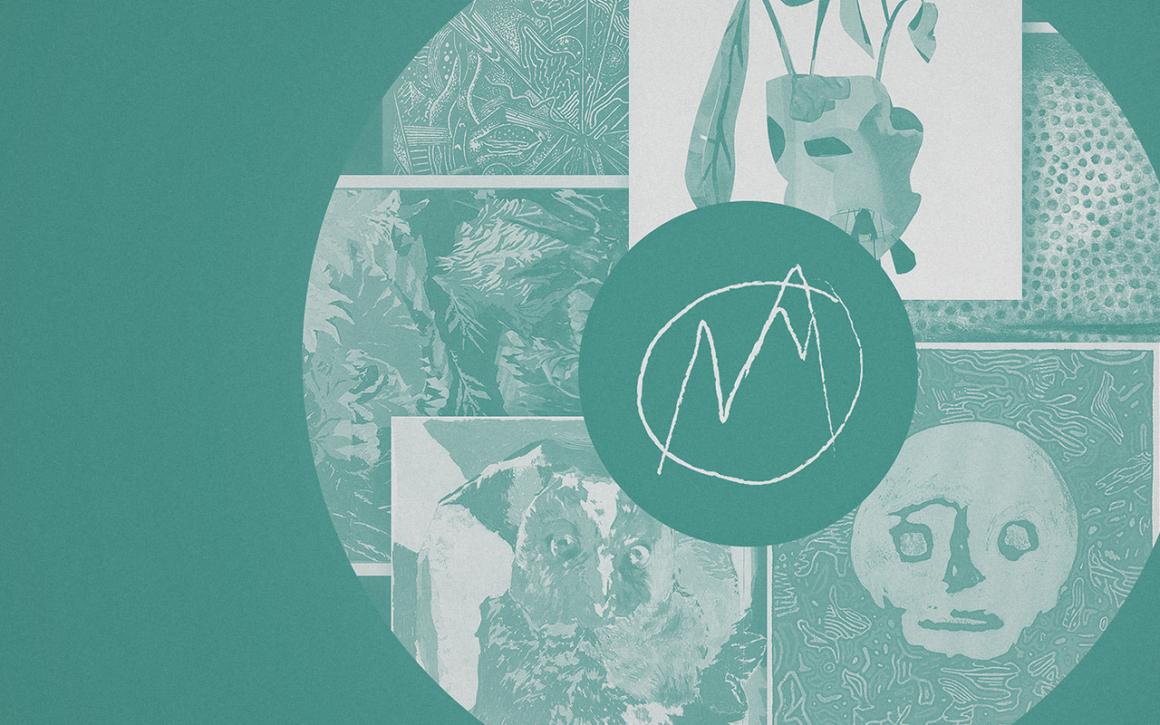Like many great labels – from Gondwana Records to ECM – you can instantly recognise a Marionette album cover design. It’s not as obvious as some labels that have a set layout for their covers, but the visual side of Marionette’s work has a distinct identity. The designs are abstract but accessible, often using shapes that seem somewhat blunt, but at the same time rich with suggestion and imagery that draws you into their world.
It may seem odd starting off with visuals when discussing a record label, but Marionette covers are indivisible from the music. In fact, one of their most defining artists, Kilchhofer whose influence has been a major factor for the developement of the label, produced much of the early artwork. Like the cover art, the sound of Marionettes plays with the abstract, while also having a warmth to it and being surprisingly approachable. It sits at the crossroads of the synthetic and the natural.
The Toronto-based label is run by Ali Safi, who, at a young age, discovered electronic music and was »drawn to djing and production« as he puts it. He’d been surrounded by friends who were getting into niche and experimental music from late on in his time at high school. By the mid 2000s, he had a network of people around him who were producing music and djing. He was exploring the more cerebral end of club music, noting that »minimal techno was peaking at the time«. In this period, the seeds of his vision for his own record label were sown. As his musical explorations progressed, he was drawn to increasingly abstract electronica – which is reflected in the label’s output.
A community of nonconformists
Safi becomes passionate when discussing what makes a Marionette act: »The thread between the artists is that they’ve been working at developing their sound and language for many years. They’re not conforming to what the industry expectations are of an artist or what it means to make an album.« The aforementioned Kilchhofer is a prime example of the outsider mentality that defines how Safi sees and runs the label. In fact it’s his 2018 album »The Book Room«, an intoxicating, textured and meditative release that may be the label’s most defining to date. Safi describes it as »formative« and it does seem to have influenced heavily the types of project Marionette has released since. The album is a journey with a clear sonic progression to it. More recent releases such as Khôra’s »Gestures of Perception« closely fit into this mould too.
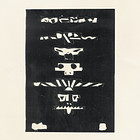
Thauma
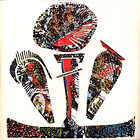
Gestures Of Perception
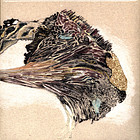
Perlée De Sève
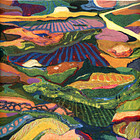
Räumlichkeit
While the label has a clear aesthetic sensibility, the range of music released has expanded. Safi states that the label »started with an influence from dance music«, but over time it’s gone on to become more experimental, incorporating aspects of »drone, folk and electro-acoustic music«. The releases on Marionette are still of course primarily electronic, but one of the joys of the output is that many of the artists play with live and acoustic sounds that merge with the synthetic elements, often blurring the line between where one ends and the other begins.
On what is coming next, Safi enthuses about the forthcoming Big Hands album »Thauma«, which is set to be released in April 2025. He describes it as being about the artist’s travels around the Mediterranean, adding that it features »field recordings, percussive instruments and artists from his community of friends«, adding that »it’s a real collaborative effort«.

